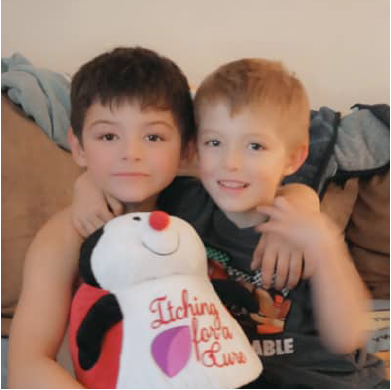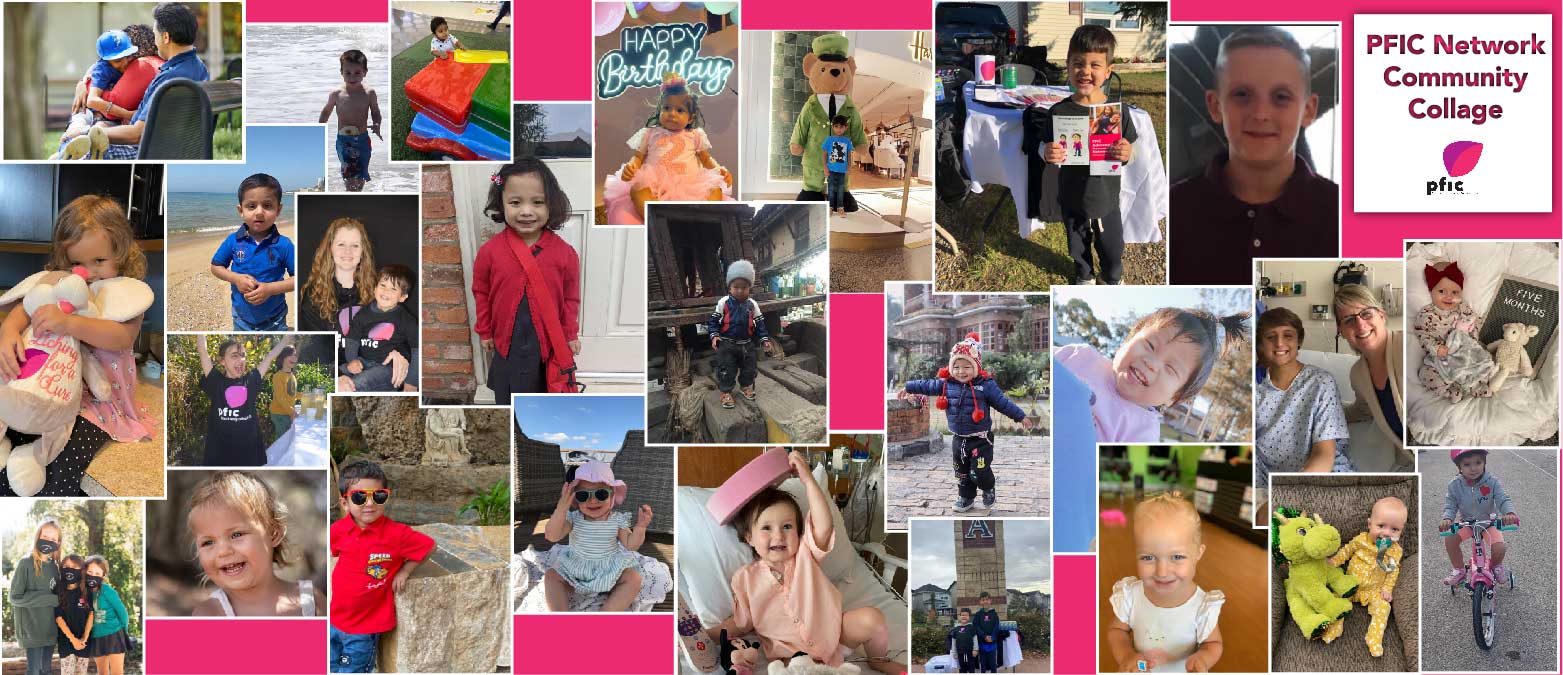What To Do When Nobody Gets It
Written by Lisa Jensen, Masters in Counseling Psychology
Mental Health Support Group Leader
One experience is virtually universal across the rare disease community: the experience of not feeling understood. Maybe you tell a friend about your child’s PFIC diagnosis, and they respond with a sunny, “Don’t worry, I’m sure it will all be fine.” Or perhaps you are a PFIC patient yourself, and when you try to explain the Itch to a relative, they casually suggest that you try Benadryl or a fad diet or whatever essential oil healed their neighbor’s cousin’s cat’s cancer. In either case, the message seems to be this: “Good vibes only, please! Let’s keep it positive! Focus on the solutions!”
Many of us live in cultures that have a deep discomfort with suffering and uncertainty. We tend to be better at distraction and deflection than at sitting together in the hard, scary stuff.
Even if you are lucky enough to have friends and family members who are understanding, supportive, and empathetic, you might find yourself sugar coating reality. Maybe you hold the hardest feelings in. Maybe you don’t want to pull anyone else down or come across as negative or needy.
Of course, the truth is that all humans are needy. We need not only air and food and water but also love, support, safety, and belonging. We need to feel seen, understood, cared for, and valued—especially when we are exhausted or overwhelmed or teetering on the edge. Sometimes, the only way to be understood and cared for is to open up more to the people around you. Other times, doing so is emotionally unsafe, and it is wiser to pull back. In either case, there is one relationship in which you get to decide whether or not you receive the compassion and understanding that you deserve. There is one relationship in which, with a bit of work, you can always feel seen, understood, and cared for. What relationship is that? Your relationship with yourself.
Regardless of whether or not your relatives, friends, or colleagues extend understanding and empathy your way, you can learn to do so for yourself. A large and ever-growing body of research demonstrates that self-compassion decreases stress and feelings of isolation, while also increasing resilience and happiness.
Self-compassion might sound like a vague or fluffy term. Within the psychological research, though, it refers to a very specific three-part practice. The three elements of practicing self-compassion are:

1. Mindfully observing your thoughts and feelings. This means taking the time to see and understand yourself. As self-compassion researcher Kristin Neff puts it, “We cannot ignore our pain and feel compassion for it at the same time.” Of course, we also cannot feel compassion for our own pain when we are completely swept up in it. Mindful observation means that we take a baby step back from our thoughts and feelings so that we can view them as a part of our experience rather than as the entire picture. One way to do this can be to take a few deep breaths and mentally scan your body, noticing what physical sensations accompany your thoughts and feelings. You might notice, for example, that you clench your jaw when you feel angry or that your chest tightens when you feel anxious. You don’t need to change this. Simply notice.
2. Recognizing that suffering and inadequacy are part of what it means to be human. When we recognize this, the understanding follows that our suffering unites us with the whole of humanity. It’s natural to feel isolated and alone. It’s so natural in fact, that at any given moment, millions of others are likely suffering just as acutely as you are. That doesn’t mean you have no right or reason to suffer. But it does mean that you aren’t truly alone in it. Taking a moment to recognize this can help soften the sharp edges of suffering.
3. Practicing self-kindness. This means being warm and gentle with yourself. It means treating yourself like a friend, allowing yourself to be less than perfect, and prioritizing your own needs and self-care. If you are a PFIC parent, prioritizing yourself might feel nearly impossible. It might even seem that reducing your own suffering would be selfish or unfair, when your child is suffering so much. But to be a caregiver—to give care—requires that you have something to give. Offering yourself kindness and compassion can actually boost your capacity to care lovingly and tenderly for your child, as well as your capacity to contribute to the world in other ways that feel important to you.

Self-compassion is a learnable skill. Admittedly, though, it comes more easily to some people than to others. If your early caregivers or role models lacked compassion for themselves or did not consistently show compassion for you, then learning this skill will likely require an extra dose of patience and practice. Hang in there! By doing this work, you can create a different legacy for the children in your life. When the kids you love see you treating yourself with kindness and compassion, they learn to treat themselves like a friend, too.
That’s the beauty of self-compassion: that in every situation, you have a friend right there with you. Will self-compassion completely eliminate the hurt of being misunderstood or the struggle over how much to share with your loved ones? No. But here is what self-compassion can do: it can soften your pain. It can put it into perspective. It can increase your feelings of connection. And it can help you to make relationship choices from a place of inner clarity and resilience.
